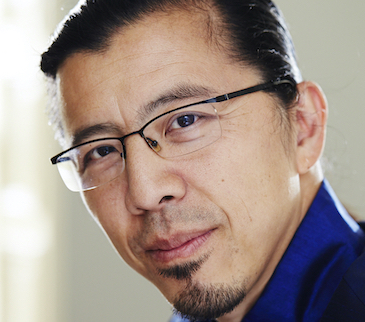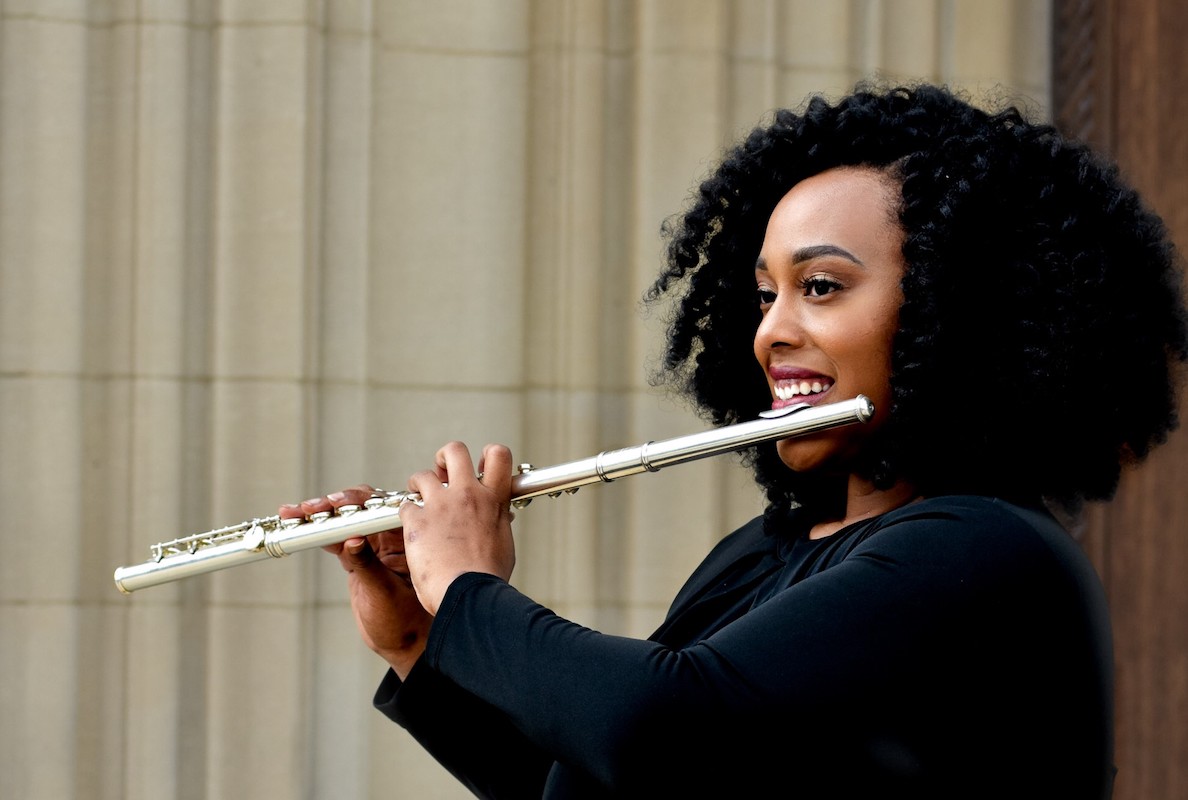On average, a good practice session for me will be about three to four hours of work, broken up in chunks. I spend about 45 minutes to an hour on fundamentals, and then two to three hours on repertoire. However, when preparing for an audition, it is common for me to spend three-four hours on excerpts each day.
Get organized and use a timer:
My recommendation for practicing is to take things one step at a time and to use a timer to keep yourself organized. Using a timer helps with efficiency because it’s easy to spend three hours on one thing while you have another 20 tasks left on your to-do list.
When preparing for an audition, I initially spend a lot of time working on the excerpts I’m not good at or do not know. I record the entire list and make note of which excerpts or specific spots in excerpts that give me trouble. Those excerpts then receive the most attention from me in the beginning stages of audition preparation. To be efficient, I spend a specific amount of time on each excerpt. For example, I may give myself 30 minutes to work on a new excerpt and divide the time into three 10 minute increments. Each 10 minute block has a purpose; it could be to learn the notes, work on clearing up articulation, or strive for clearer phrasing. When the timer goes off, I move on to the next task and when the allotted 30 minutes are up, I stop and move on to the next excerpt.
Keep track of progress:
I make notes either in the music or a notebook to keep records of my practice efforts. For example, I note the date and metronome marking for a passage I am working on getting up to tempo each time I work on it. Then I have a continuous record of the tempi I’ve worked at. Most of the time, I increase the tempo by three clicks and use the “three-times rule” before speeding up another three clicks.
Three-Times Rule:
I love using the three-times rule when working to speed up a passage. I play it three times at a tempo, increase the speed by 2-5 clicks, play again three times and keep working until I’ve reached the desired tempo for the piece. With this technique, we strive to play three consecutive and accurate versions; if you mess up the third time, you have to start over from zero. Working this way helps build consistency.
Practice Techniques:
In passages that I find difficult, I like to change the articulation and/or rhythms to become more comfortable with what is written. For example, if something is printed as slurred, I will practice it tongued, or do different variations of articulations and rhythms. I will also offset the rhythms. So, instead of starting on the first note of a run, I might begin on the second or third note. Varying articulation and rhythmic patterns help iron out clumsy finger movements and isolate what specific intervals are tripping me up. When practicing with these changes in articulation or rhythm, I continue to use the three times rule.
I also do a technique that is often referred to as ‘chunking’, where you practice a few notes of a run and keep adding notes one or two at a time. Chunking is one way that I found to help find quick success at getting something under my fingers. Another thing that I like to do is instead of slowing fast passages down, play them at the desired tempo, but only one note at a time, then add the next, and so forth. If I notice a finger is lagging or something is uneven, I may repeat it numerous times with the focus on evening it out. Usually, it only takes one or two times before I can get it.
Read more articles about orchestral auditions
Orchestral Audition Tips
A New Practice Method: Learning Backwards

Shantanique Moore
Flutist Shantanique Moore is the eighth recipient of a fellowship from the Pittsburgh Symphony's EQT Orchestra Training Program for African American Musicians (OTPAAM). Ms. Moore is an accomplished freelance musician and flute instructor. She has performed with the Detroit Symphony Orchestra, the Toledo Symphony, and the Fort Wayne Philharmonic, among others.
Shantanique won First Prize in the 2016 Ervin Monroe Young Artist Competition. In 2012, Shantanique won the Wayne State Concerto Competition and in 2013, the Southern Great Lakes Concerto Competition. She has had the privilege of being invited as guest soloist on numerous occasions with ensembles such as the Birmingham Concert Band and Thurston High School's Honors Band, to name a few. During her studies at Wayne State University, she was awarded several musicianship and academic awards.
Her primary teachers are Sharon Sparrow, Laura Larson, and Carrie Wiesinger. She has played in Masterclasses for Mark Sparks, Robert Aitken, William Bennett, and Amy Porter.



Comments are closed.